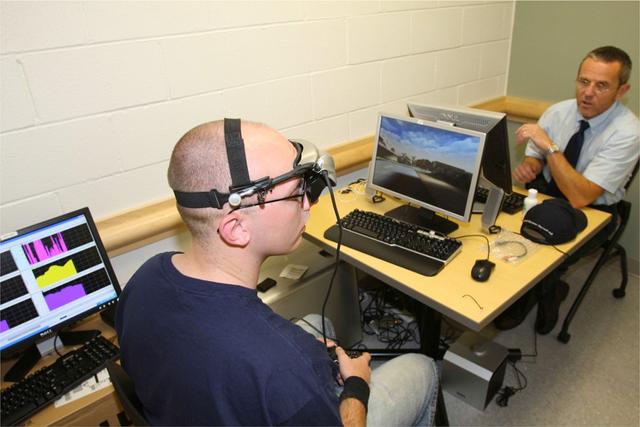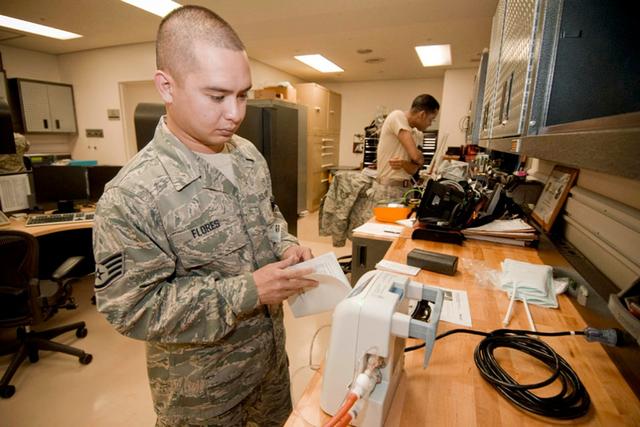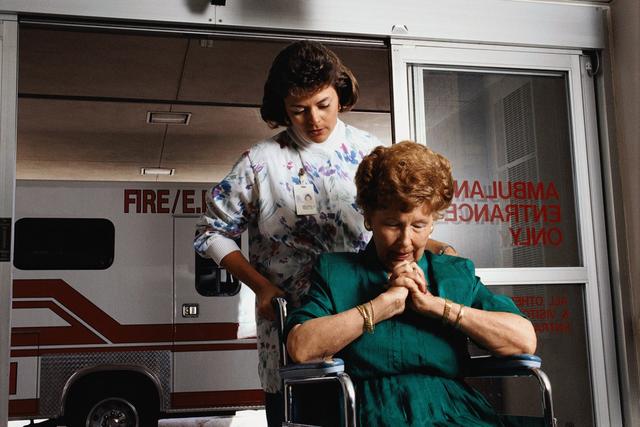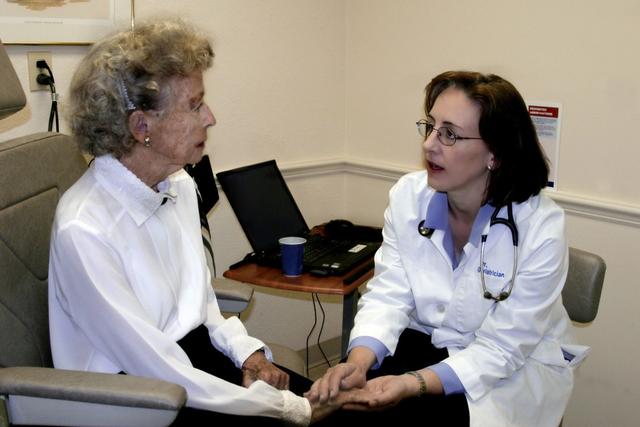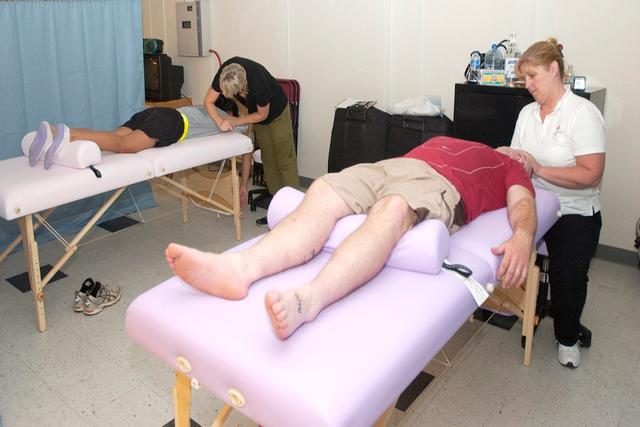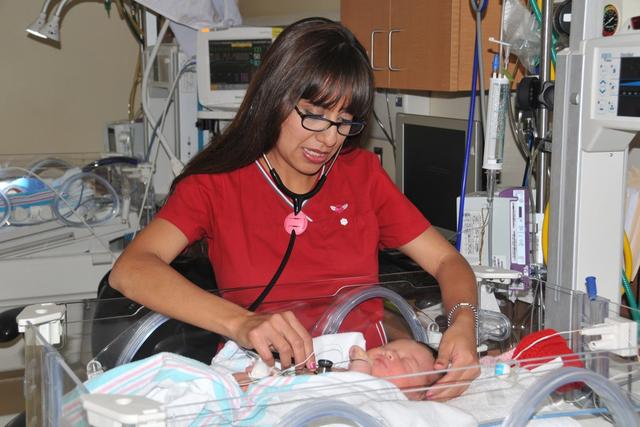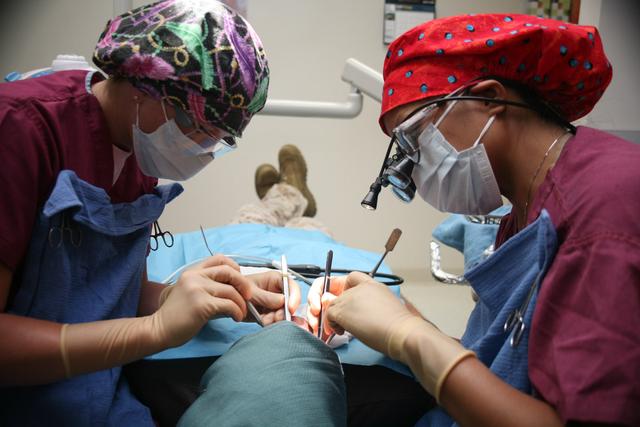Nurse-Midwives
Overview

Introduction
Nurse-midwives are registered nurses with advanced training who assist in family planning, pregnancy, and childbirth. They also provide routine health care for women. Nurse-midwives work in hospitals, with physicians in private practice, in freestanding birth centers or well-woman care centers, in womens clinics, and even in the homes of clients.
Quick Facts
Median Salary
Employment Prospects
Minimum Education Level
Experience
Skills
Personality Traits
Earnings
Certified nurse-midwives who work for large hospitals tend to earn more than those working for small hospitals, clinics, and birthing centers. The most experienced nurse-midwives, including those in supervisory, director, and administrative positions, have the highest earnings. Salaries also vary according to the region of the country and whether the employing facility is private or public. Bec...
Work Environment
Nurse-midwives who work in hospitals or as part of a physicians practice work indoors in clean, professional surroundings. Although most nurse-midwives perform checkups and routine visits alone with their patients, a number of other health care professionals are on hand in case the midwife has a question or needs assistance in an emergency. Nurse-midwives often consult with doctors, medical ins...
Outlook
The U.S. Department of Labor predicts 26 percent employment growth, much faster than the average, for nurse midwives, nurse anesthetists, and nurse practitioners through 2028. As certified nurse-midwives (CNMs) and Certified Midwives (CMs) gain a reputation as highly trained and compassionate professionals, they will become an integral part of the health care community. According to the Nationa...







